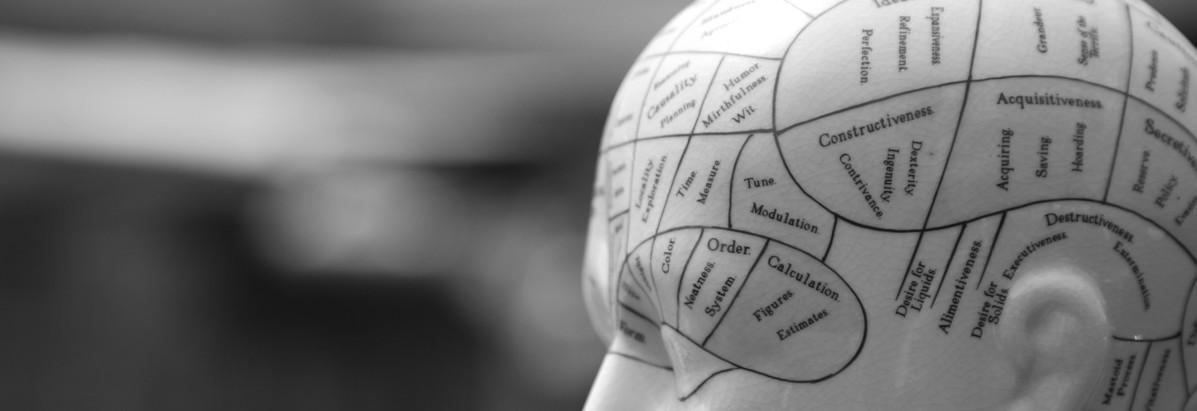What is Cognitive Behavioural Coaching?
We are used to logical thinking; cause leads to effect, action to reaction. However, when it comes to ourselves, this isn’t true. There’s a piece in the middle between cause and effect and we don’t have to react in a set way when something happens.
The bit in the middle is how we choose to think about something.
I’ll give you an example: We all have an Inner Monologue running in our heads the whole time, which we can’t really turn off. As I’m speaking to you know, you can’t help but run a commentary to yourself on what I’m saying – whether I’m making sense or not, or I’m hungry is it lunchtime yet? etc.
I know from the people that I coach that this Inner Voice can often be astonishingly vicious; Swearing at ourselves, telling ourselves we’re an idiot…
These thoughts are often deeply unhelpful and can leave us unconfident and even paralysed and unable to do the right thing, but funnily enough they are not badly intentioned. We have learnt over the years how the world works & how we should behave. “Don’t speak out, that kid has just made a right fool of himself” or “Don’t be serious, Joke around and people will like you”
We start to form opinions about how the world works and over time these opinions seem to be validated by experience and they harden in to beliefs. (I’m not talking about religious beliefs here by the way, that’s a different thing)
These beliefs about how the world works generate thoughts and opinions all the time to try and make the best of the world around us – its opportunities and its threats.
But just because these thoughts are well intentioned – and may have been useful in the past, doesn’t mean they help us now in our current situation or in the future.
We can generate alternative thoughts which might be far more helpful and we can thus choose how to react.
Lots of thoughts pop in to our heads automatically all the time without us asking for them, but we can also think deliberately and generate our own thoughts too.
We can’t influence the events which happen to us, but if we catch ourselves, we can choose how we think about those events and therefore how we react. Rather than reacting badly to a situation out of pure habit, we can choose to think in a different way and to react in a better way and to produce better consequences for ourselves and those around us.
The only thing we need to do is to catch ourselves in the moment and realise what our thinking is (which generates habitual reactions) and to then work hard to think in different, more helpful ways.

